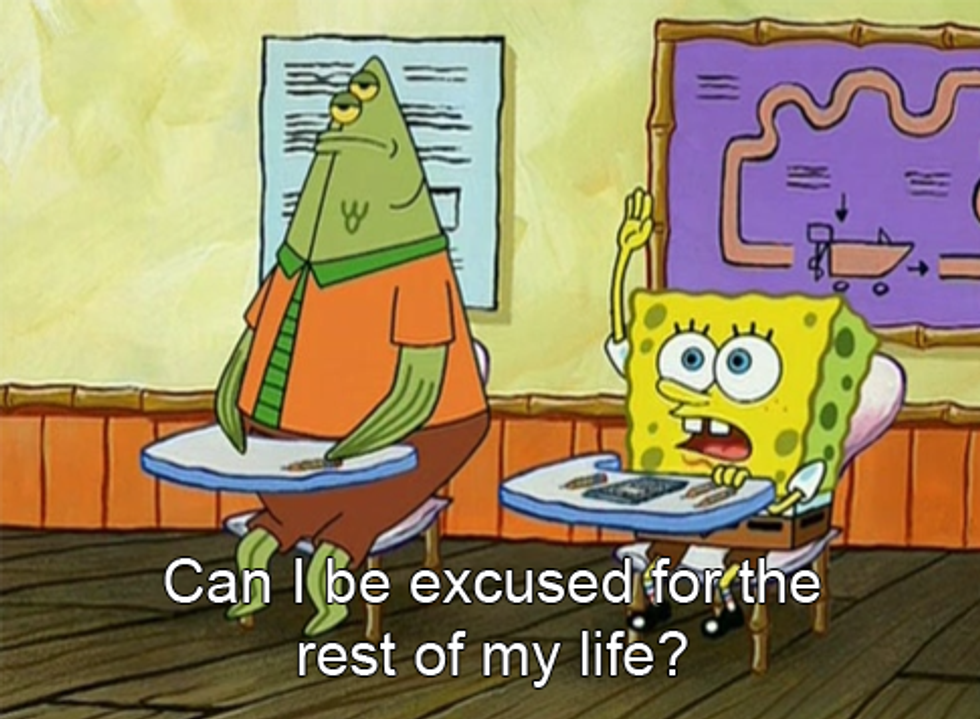This past week, Viceland released the first episode of their much-anticipated new travel series "Gaycation." In it, actress, Ellen Page and her best friend, Ian Daniel, travel around the world documenting and experiencing what LGBT culture is like outside of the US. The show, which is set for official release on March 2nd, started its cross-continental queer adventure in the city of Tokyo, Japan.
Since she came out very publicly in a 2014 speech for the Human Rights Campaign, Page continues to publicly support the LGBT community. Just last year, she starred alongside Julianne Moore in the 2015 narrative adaptation of the Academy Award winning documentary, "Freeheld." But "Gaycation," for a lot of reasons, shows a new side to Page that audiences couldn't see before. We see Page strip down into her real self, navigating a new culture alongside one of her closest friends--and its as if meeting her for the first time.
Shot like a typical travel series, the first episode is divided into different sections that aim to show as many and as diverse depictions of queer life in Tokyo as possible. The first night, they go gay bar hopping. Then they hang out in Manga mega-stores and talk to straight women who are fans of a popular homoerotic Manga comics. Then they see what gay marriage looks like in Japan. And so on. Each segment bleeds into the next at a rapid pace--probably because they have so much to see in just 45-minutes. But the editing of the show avoids over-sensationalizing different the episode's storyline to generate interests. Instead, it focuses on maintaining the documentary style without delving into the cheap tricks of reality television.
However, the show has several shake-y moments. During the last segment of the episode, Page and Daniel sit in on a son coming out to his mother. There's a new trend arising in which LGBT people hire "friends" to be in the room with them and their parents as they come out. The hired "friends" are from a company that rents out people to attend weddings and funerals to have more event attendees. This segment is extremely uncomfortable--not because of the actual subject matter--but because of the overwhelming presence of the cameras. Page and Daniel sit uncomfortably on a couch watching as a young man comes out to his mother. When the mother storms out of the room (because why shouldn't she? Her son has just come out to her and a camera crew is filming it all), Daniel and Page whisper nervously to one another and glance at the cameras several time.























